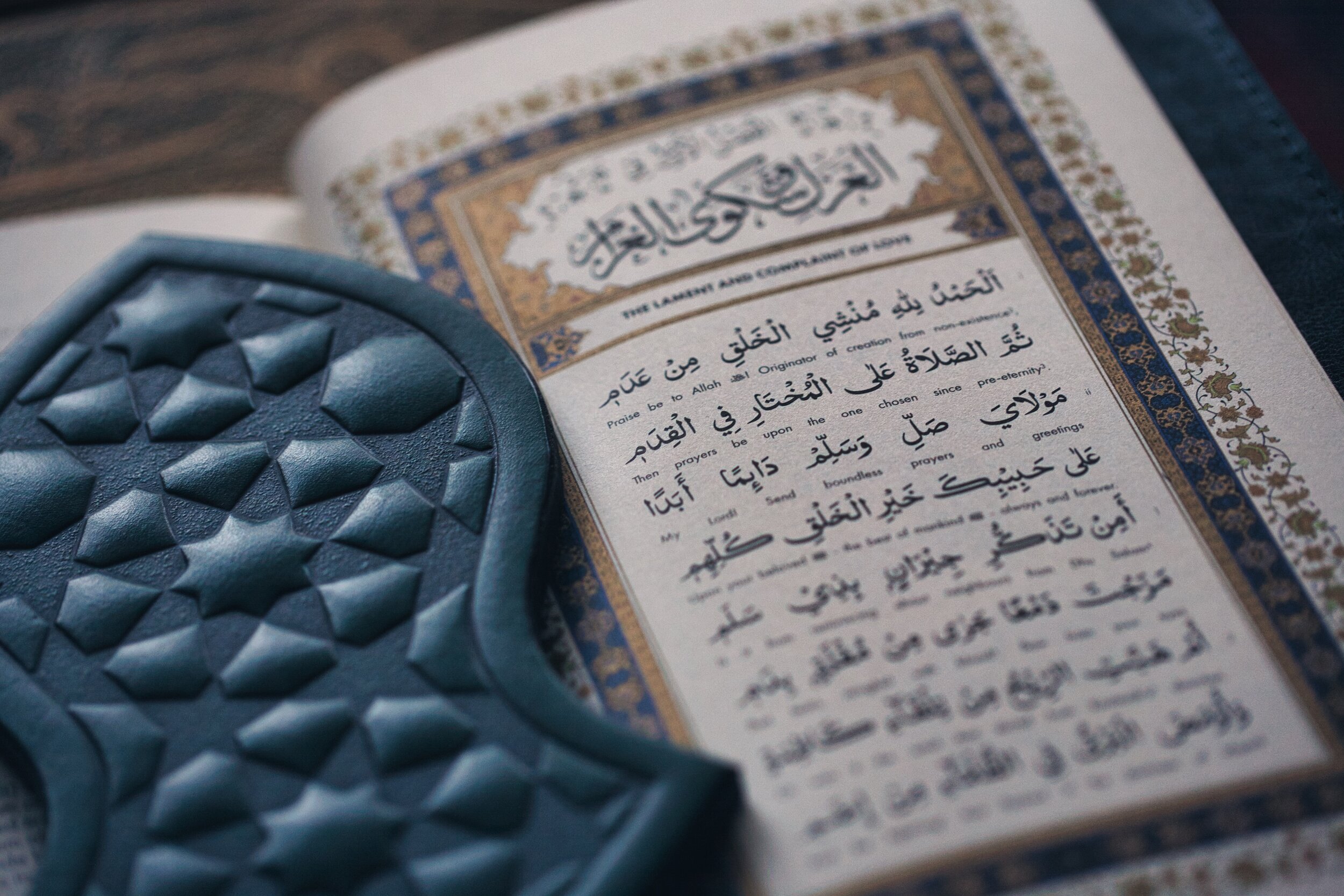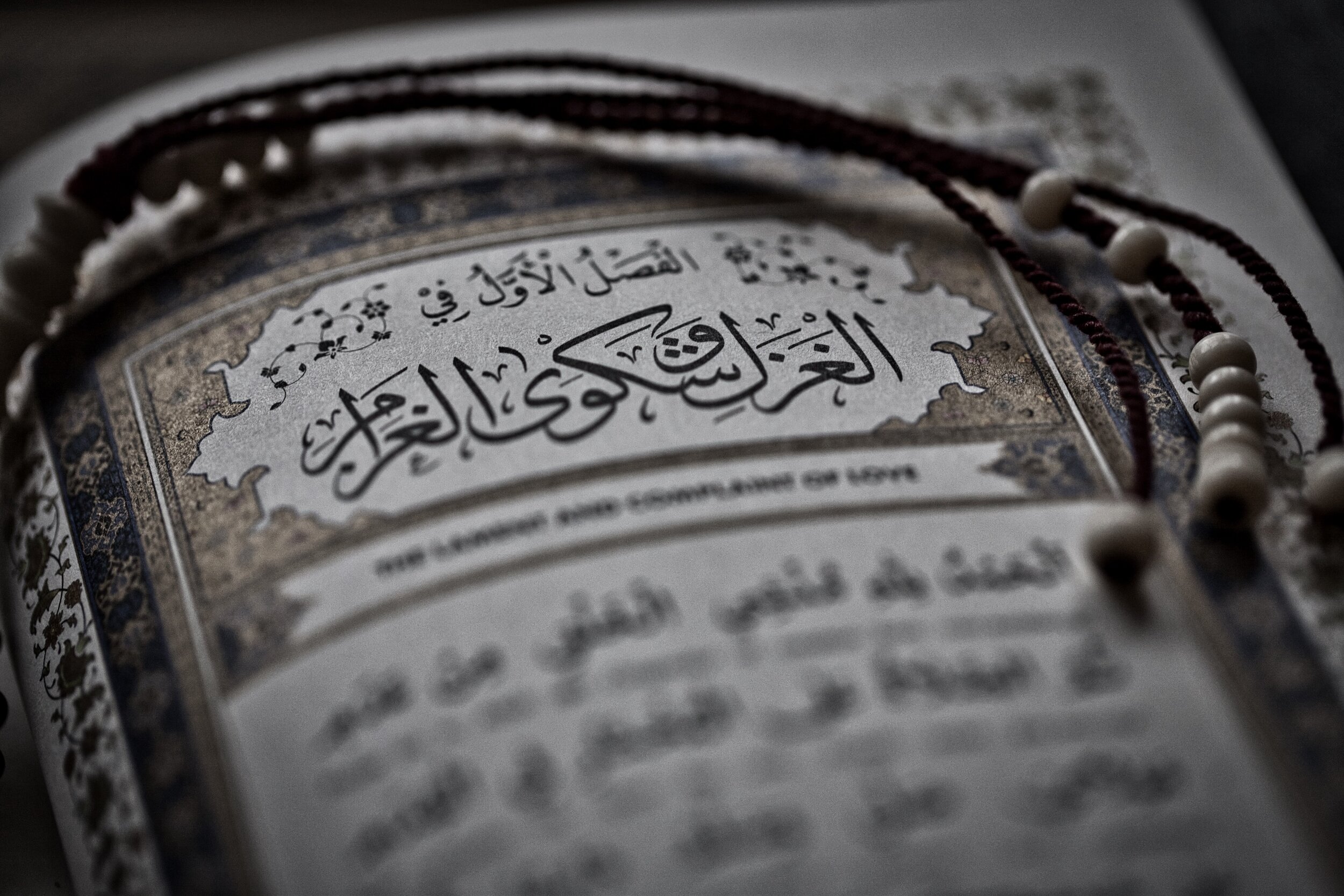
.jpeg)

You can also install and run this application on your computer by using an Android emulator app. Taking these stories literally, believers engaged the poem, as text and talisman, to procure a wide range of physical and spiritual boons.Qasidah Burdah Arab Latin Lengkap works on any Android devices (requires Android 4.1 or later). The myth of the miraculous cure then serves, above all, as a symbol, a physical sign of a spiritual transformation or cure, that is, of the poem's ritual and spiritual efficacy. It notes that in post-classical madīḥ nabawī the mamdūḥ is no longer of this world, and therefore the ritual exchange between poet and patron is essentially a spiritual one: what the supplicant is asking for is shafā'ah, the intercession of the Prophet on the Day of Judgment. It then proceeds to demonstrate that the Burdah exhibits the same structural elements as the supplicatory qaṣīdat al-madḥ: 1) Lyric-Elegiac Prelude ("nasīb") 2) Self-Abasement 3) Praise of the One Supplicated (mamdūḥ) and 4) Supplication (including benediction). After analyzing the structural and generic differences between the Burdah and the Sufi "ghazal" of Ibn al-Fāriḍ of which it is technically a contrafaction (mu'āraḍah), this study argues that the overall ritual-poetic structure of the Burdah, as contained in Parts 1-3 and 9-10 of the poem, is that of the supplicatory panegyric ode as practiced by such poets as the pre-Islamic al-Nābighah al-Dhubyānī or the poet of the Prophet, Ka'b ibn Zuhayr. The present study argues that the story of the miraculous cure, the talismanic uses of various verses of the Burdah, and the extraordinary power of the poem to generate a vast body of imitations, expansions, translations and commentaries, cannot be understood except through a literary analysis of the text of the poem itself. He then saw the Prophet in a dream and recited the poem to him, upon which the Prophet bestowed his mantle (burdah) upon him, and the poet awoke miraculously cured.

694-6/1294-7) was stricken with semi-paralysis that confounded his physicians, he turned in despair to compose a poem of praise to the praise to the Prophet Muḥammad (madīḥ nabawī). According to popular and literary tradition, when the Mamlūk period poet al-Būṣīrī (d.


 0 kommentar(er)
0 kommentar(er)
